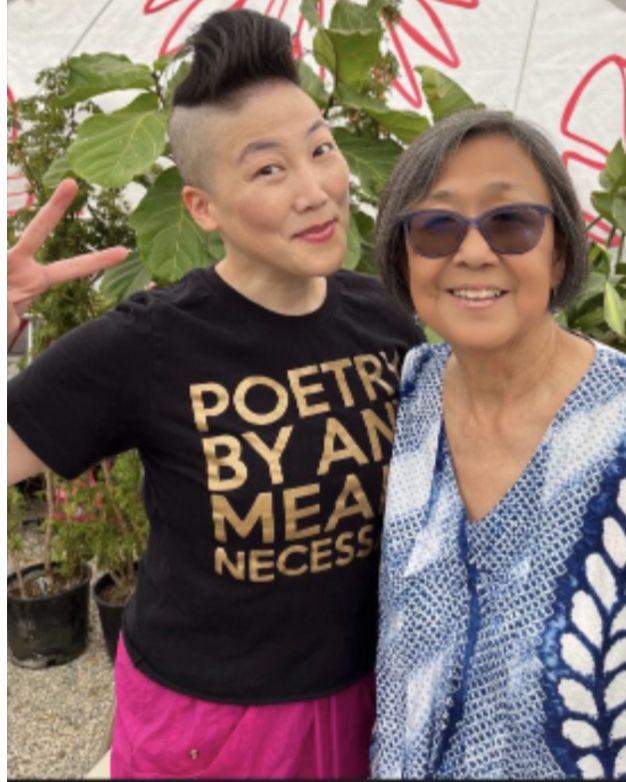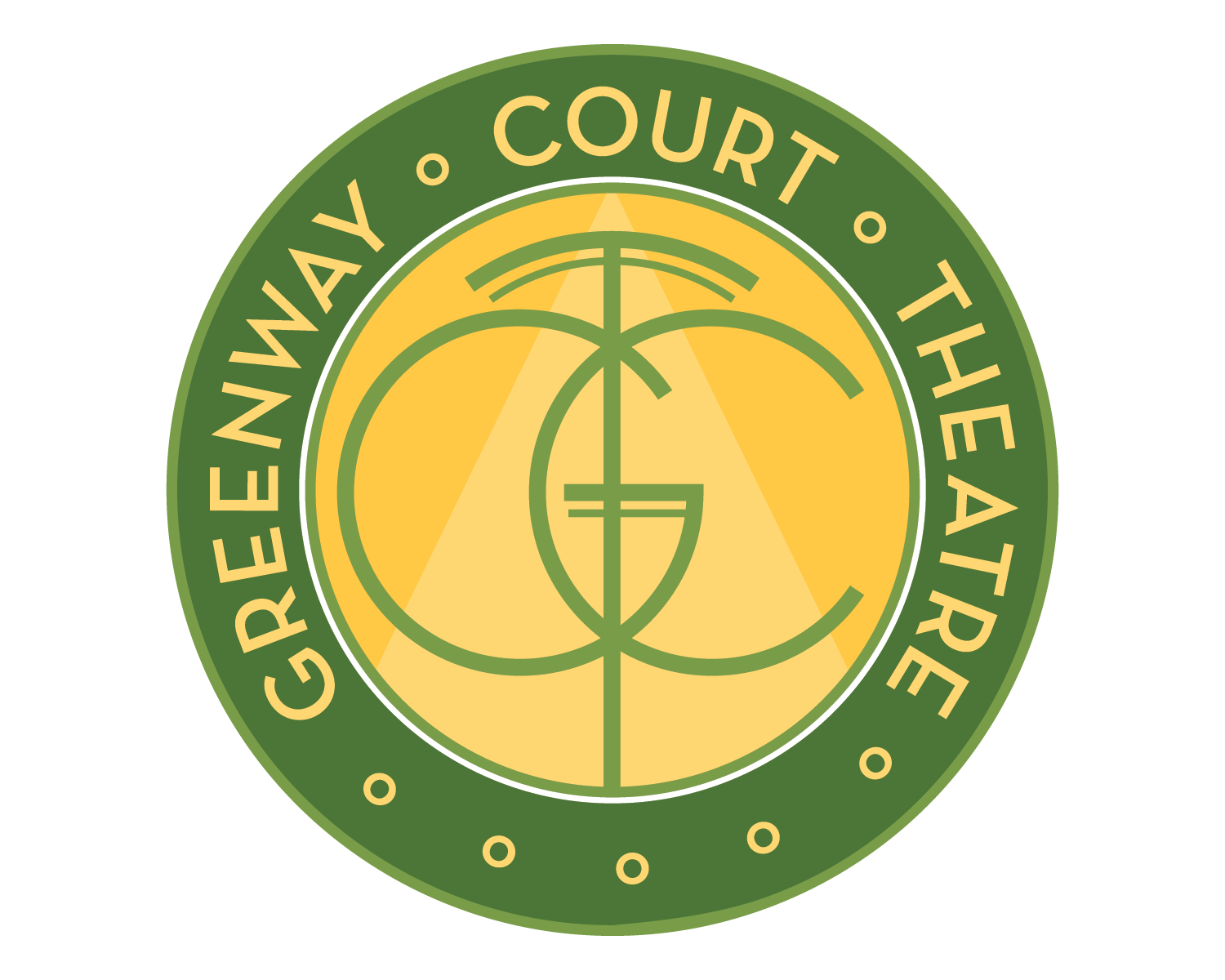03 Aug A Meeting of Minds: Unearthing Kinship between Japanese American and African American Historical Interests

A Meeting of Minds: Unearthing Kinship between Japanese American and African American Historical Interests
By: Eric Reid – Audience Services Coordinator
A wave of profound understanding washed over me recently when I discovered an unexpected crossroad between two seemingly different areas of interest; the historical experience of Japanese Americans and the African American quest for reparations. Until now, I was entirely unaware that our pursuits held such significant parallels. Perhaps owing to the prevalent notion that our histories and struggles were disparate as well as to the lack of widespread knowledge about the history of Japanese Americans and their plight. Yet, as I delved deeper, I recognized striking intersections and a profound kinship amongst the two communities, particularly when it comes to moving forward with concrete solutions in the face of oppression and injustice..
Two individuals who personify these overlapping pursuits are Kathy Masaoka and traci kato-kiriyama (the lowercase spelling of her name is not a typo; it is a method used by some to challenge traditional grammar and the hierarchies it represents). While Masaoka’s life journey reflects a dedication to community service, advocacy, and redress, kato-kiriyama’s narrative intertwines multi-disciplinary art and community organizing. Both have contributed significantly to the causes they represent, emphasizing the interconnectedness of historical struggles in the pursuit of justice.
Kathy Masaoka, a Japanese American hailing from Boyle Heights, Los Angeles, came of age during the Civil Rights Movement and the Vietnam War, experiences that shaped her identity and reinforced her commitment to community and internationalism. Masaoka’s life has been a rich tapestry of advocacy, from her involvement with the Japanese American Community Services-Asian Involvement (JACS-AI) to addressing drug problems within the Asian community, promoting workers’ rights, and her pivotal role in the National Coalition for the Redress & Reparations (NCRR).
traci kato-kiriyama, award-winning artist based in Los Angeles, navigates a fascinating and hybrid career in the arts, leveraging her talents as a writer, performer, and theater deviser for cultural production and community organization. She uses her artistry as a means of collective self-determination fostering connection, healing, and community.
Recognizing these aligned interests offers a promising glimpse into what could transpire when the seemingly parallel objectives of two distinct communities intersect. By engaging with our shared histories, we can cultivate a more connected vision of justice, despite the apparent differences in our historical struggles. The Japanese American fight for redress mirrors the African American fight for reparations in numerous ways, even as they diverge in others. This connection underscored the significance of inter-community solidarity in pursuing justice.
The Black reparations movement, eloquently examined by Ta-Nahisi Coates in “The Case for Reparations,” invites us to reflect on the enduring struggle for justice. Much like the Japanese American community’s fight for redress, the journey for Black reparations is steeped in the search for healing from a long history of racial injustices. These issues are intricate and deeply rooted in systems that have long privileged some while marginalizing others.
While I remain skeptical about reparations as a complete solution, they cannot be dismissed outright. Reparations, seen as a form of financial justice, could serve as a meaningful starting point in acknowledging and rectifying the historic harm inflicted on Black communities. However, they shouldn’t be viewed as a panacea for the systemic problems but rather as one tool within a broader arsenal aimed at achieving racial justice.
Furthermore, the question of reparations underscores the urgent need for diverse perspectives in these critical discussions. The complexity and weight of the issue necessitate a multiplicity of voices to be heard, especially those from the communities directly impacted. This amplification of voices will aid in formulating a more comprehensive, fair, and inclusive path toward resolution and equity. By bringing more voices to the table, we increase the likelihood of fostering understanding, empathy, and effective solutions to such deeply embedded societal issues.
This examination of shared interests will be brought to life in an upcoming event held on our very own stage. Masaoka and kato-kiriyama will appear at the Greenway Court Theatre on August 12th at 7 pm on the live Pay The Tab Podcast – Japanese American and Black Reparations: Looking Back And Moving Forward. Their accomplishments in advocating for their communities through grassroots movements and artistic expression respectively, signal the potential for a unified front in the fight for justice.
In their individual narratives, we can find shared commitments, shared struggles, and shared hopes. As we listen, learn, and engage, we should remember that there is much to be gained when we find points of intersection between our interests and unite in our paths of justice. As different as we may seem, our goals and historical struggle often reveal universal human experiences that remind us of our kinship. Our goals are not as conflicting or dissimilar as we might think, and the realization of this could lead to more united and powerful voices demanding justice and equity.
Kathy and traci will be the featured panelists at the live podcast of Pay The Tab at Greenway Court Theatre on July 22, 2023, at 7 pm. Don’t miss this unique opportunity to hear from them in person. Get your tickets HERE.
